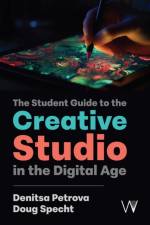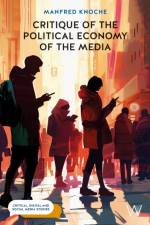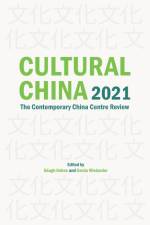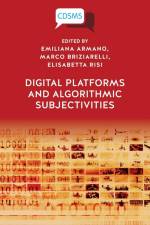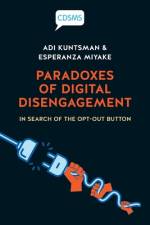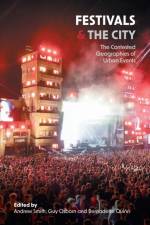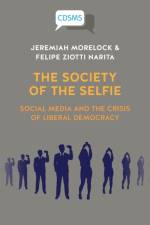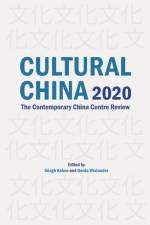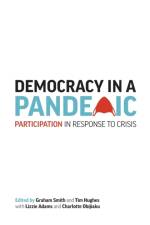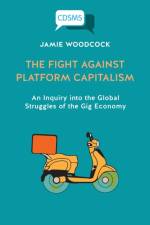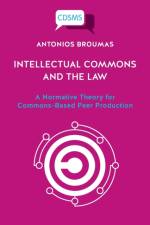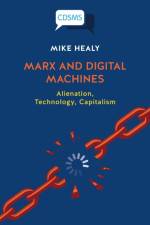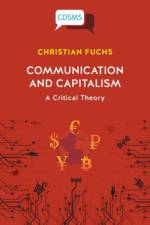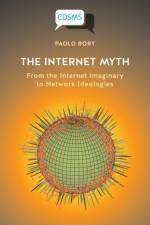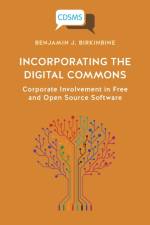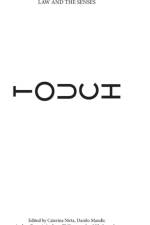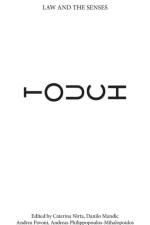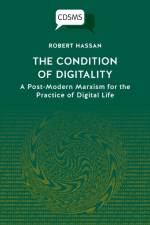- A Critical Theory
av Christian Fuchs
507
Communication and Capitalism outlines foundations of a critical theory of communication. Going beyond Jürgen Habermas' theory of communicative action, Christian Fuchs outlines a communicative materialism that is a critical, dialectical, humanist approach to theorising communication in society and in capitalism. The book renews Marxist Humanism as a critical theory perspective on communication and society.The author theorises communication and society by engaging with the dialectic, materialism, society, work, labour, technology, the means of communication as means of production, capitalism, class, the public sphere, alienation, ideology, nationalism, racism, authoritarianism, fascism, patriarchy, globalisation, the new imperialism, the commons, love, death, metaphysics, religion, critique, social and class struggles, praxis, and socialism.Fuchs renews the engagement with the questions of what it means to be a human and a humanist today and what dangers humanity faces today.

